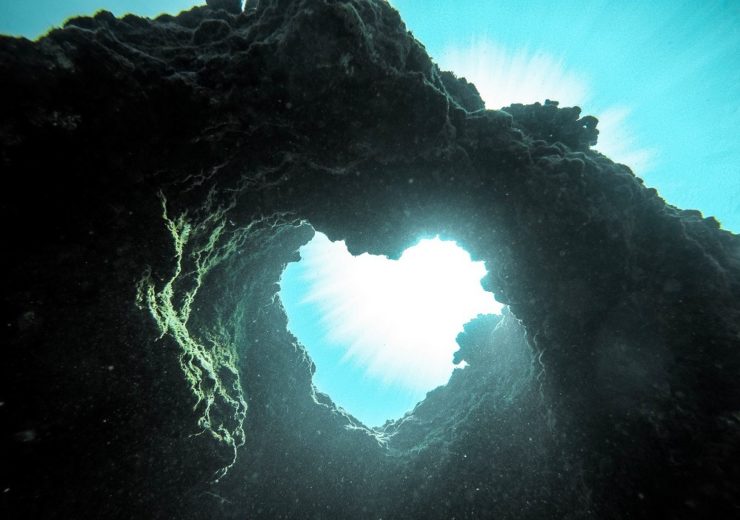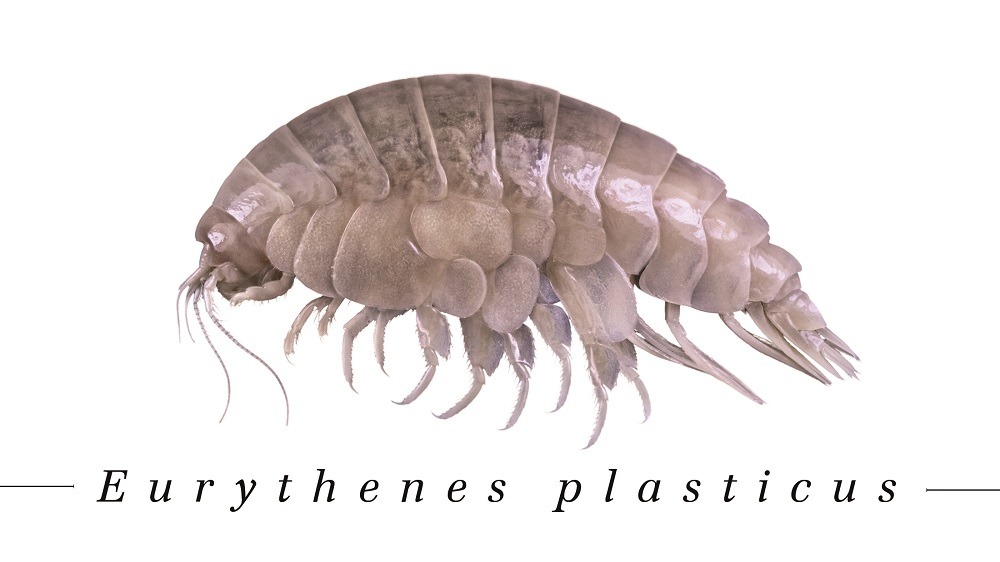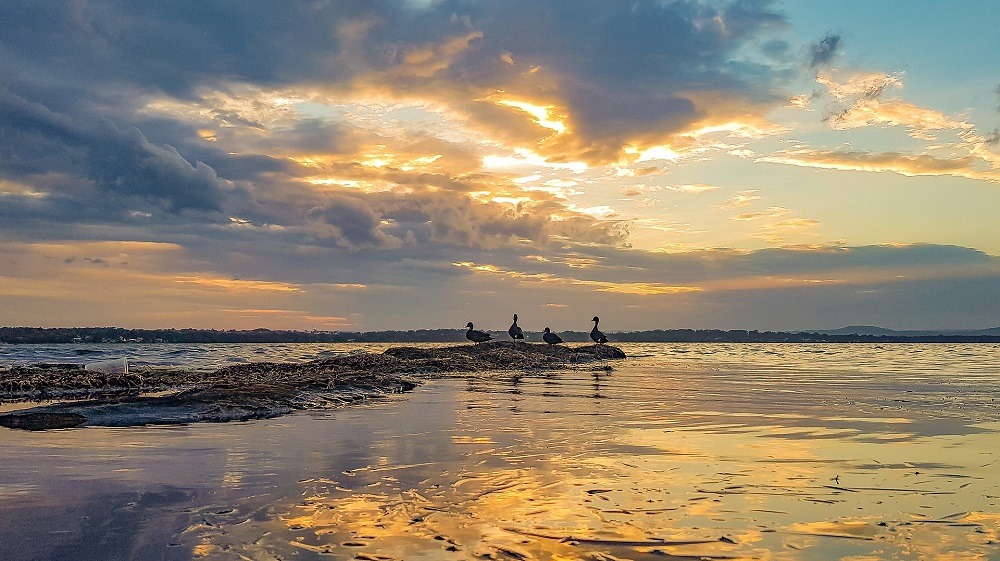The crustacean was found in Asia by researchers from Newcastle University, and named Eurythenes plasticus because of the plastic particles discovered in its body

The newly discovered creature was found at the bottom of the Pacific Ocean (Credit: Pixabay)
Scientists have found plastic particles in a newly-discovered deep-sea species in Asia.
The creature was found by researchers from the UK-based Newcastle University, alongside the World Wildlife Fund (WWF) charity, at the bottom of the Pacific Ocean.
The amphipod crustacean — discovered between Japan and the Philippines — was officially named Eurythenes plasticus in reference to the plastic found in its body.
Dr Alan Jamieson, who led the research mission at Newcastle University, said: “We decided on the name Eurythenes plasticus because we wanted to highlight the fact that we need to take immediate action to stop the deluge of plastic waste into our oceans.”
WWF calling for a legally-binding treaty to reduce plastic waste
As part of its work to tackle plastic waste, the WWF is running an international campaign seeking a legally-binding treaty to tackle the global plastic problem.

WWF Germany’s marine programme director Heike Vesper said: “The newly-discovered species Eurythenes plasticus shows us how far-reaching the consequences of our inadequate handling of plastic waste truly is.
“There are species living in the deepest, most remote places on earth that have already ingested plastic before they are even known about by humankind.
“Plastics are in the air that we breathe, in the water that we drink and now also in animals that live far away from human civilisation.”
Problems of marine plastic waste in south-east Asia
Most of the plastic that ends up in the ocean comes from south-east Asia, where waste management is typically insufficient or non-existent.
In November 2019, the UN Environment Programme (UNEP) released a report that found weak enforcement of packaging-related policies were adding to the region’s problems.
According to the research, more than half of the land-based plastic pollution in the world’s oceans originates from just five countries, four of which are in south-east Asia.

Alongside its environmental impacts, plastic litter in the Asia-Pacific region costs its tourism, fishing and shipping industries $1.3bn a year.
Speaking at the time, UNEP’s regional coordinator for chemicals and waste, Kakuko Nagatani-Yoshida, said: “South-east Asia is a primary source and victim of plastic, where it is choking seas and threatening ecosystems and livelihoods.
“If we want to solve the marine litter problem globally, we have to solve it in this region.”
The report recommends harmonising waste policies across members of the Association of Southeast Asian Nations (ASEAN) — an intergovernmental organisation in the region.
It also calls for intervention in the inter-ASEAN trade of scrap packaging and material, regulated through import and export requirements.
